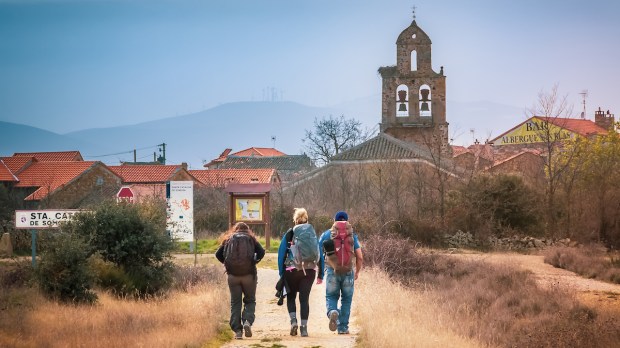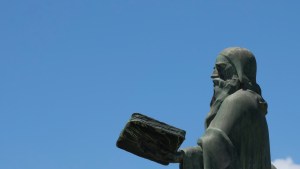What was it like to communicate across long distances in the Middle Ages? Danièle Cybulskie’s article for Medievalists.net explains it in detail.
To begin with, most people in medieval Europe were semi-illiterate. Some people could read (but not write), and most of them could not read nor write. That meant that “writing a letter by themselves was next to impossible,” Cybulskie explains, “and also that, even if they managed it, the letter’s recipient would likely have been unable to read it on his or her own.” Messages would have been passed on orally, meaning they would have to be memorized by the messenger. That implied trusting a third party with what might be a secret.
However, when messages were written down, Cybulskie goes on, further complications appeared on the horizon: “If the sender was illiterate, there would have been no way to double-check that the written word actually said what it was meant to say; likewise, a reader at the other end was capable of deceiving the illiterate listener. An illiterate person was at the mercy of the literate when it came to written communication.”
Also, a written message implied hiring specialized services – so it would often be quite pricey.
Once the message was written down, it would be sealed with wax “using a custom seal that was associated with the sender.” While most seals were pretty humble, “royal and papal seals were large and elaborate,” Cybulskie explains.
The biggest issue would be sending the message itself. If the message was urgent, and the funds were available, a trusted, tireless rider would have to be dispatched along a route with available fresh horses – hoping the weather would cooperate. But when the message was not urgent, people asked pilgrims to carry their messages from one town to another – not only because pilgrims would be already used to walking long routes, but also because they were indeed trustworthy, committed as they were to a religious endeavor.



